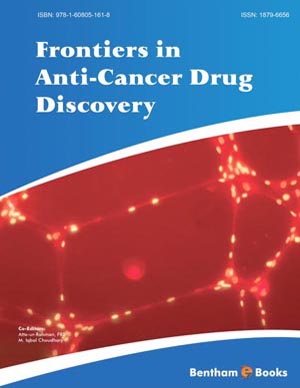Abstract
The purine nucleoside analog (PNA) - cladribine (2-CdA, 2-chlorodeoxyadenosine) is a cytotoxic agent of high efficacy in lymphoid and myeloid malignancies. This drug was approved by the FDA for treatment of hairy cell leukemia and in some European countries for treatment of refractory/relapsed chronic lymphocytic leukemia. 2-CdA is usually administered as continuous or intermittent intravenous infusion. Recently however, new formulations of this agent have been developed for subcutaneous and oral administration. In contrast to other PNA, 2-CdA is equally cytotoxic to both proliferating and quiescent cells and several pathways may be responsible for the mechanism of its action. In addition, recent data indicate that 2-CdA combined with other cytotoxic agents and monoclonal antibodies show synergistic proapoptotic and cytotoxic activity on lymphoid and myeloid neoplastic cells. This review article summarizes recent achievements in the understanding of 2-CdA mechanism of action, pharmacokinetics of different pharmaceutical formulations and its approved and possible future applications in the treatment of hematological malignancies.
The most important recent patents concerning oral formulations of 2-CdA have been presented.
Keywords: Cladribine, oral, subcutaneous, pharmacokinetics, leukemia, lymphoma, systemic mastocytosis, Langerhans cell histiocytosis, acute myeloid leukemia






















